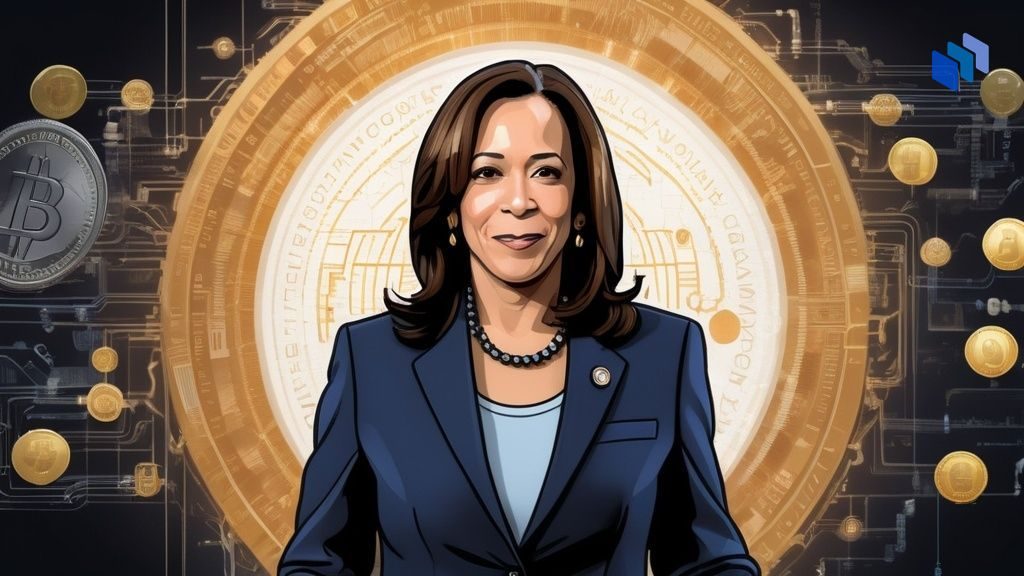The Electoral Crisis of Cryptocurrency Enthusiasts
After creating successive waves of news with the interesting support from a group of cryptocurrency activists for Trump and inviting him to the large and famous Bitcoin conference, attention has turned to the role of these activists in electoral equations, especially their role in financially supporting candidates from the two American parties. Previously, we talked about the specific actions of the famous crypto enthusiasts’ super PAC and Trump’s new plan to venture into this field. A few months have passed since Trump changed his stance on cryptocurrencies, and he, who was once a staunch opponent and indeed a long-time enemy of crypto enthusiasts, has joined their ranks. We previously recounted that this trend was actually solidified by the infiltration of a small group of cryptocurrency activists into Trump’s circle on one hand, and J.D. Vance’s plan to win over Trump and, more importantly, his children by bringing crypto enthusiasts’ money into their campaign and accounts. One of the main reasons for the support of Trump’s two sons for Vance and elevating him to the position of Trump’s chosen deputy was this discussion of cryptocurrency interests. At any rate, the famous crypto enthusiasts’ super PAC and various groups of these activists, who have supported different candidates in various competitions, have taken a bipartisan approach that we narrated earlier. Now, new dangers have arisen that are concerning for these activists themselves. Some of the most prominent figures active in the cryptocurrency field, worried about the inclination of some factions towards the far-right, have abandoned this super PAC. On the other hand, some notable Democratic figures like Ro Khanna, a progressive Democrat representative who, with his various social and political stances, appears to be distant from the world of cryptocurrencies, has extensive lobbying ties with activists in this field due to strong connections with Silicon Valley. The specific support from young crypto enthusiasts for Harris has also improved the Democrats’ position in this field. The key point of these developments is the reality that Harris can no longer be portrayed as an opponent, or simply put, an enemy of cryptocurrencies. What has compounded the new concerns of cryptocurrency activists is this very reality of Trump’s entry into this field and his new venture. After the accounts of his family members were hacked and hackers invited people to invest in a specific area, crypto enthusiasts concluded that if what Trump’s children promised about this family’s activities in digital transactions was worrisome in itself, as always, Trump’s businesses and dealings are not structured with strong integrity. Thus, the politicization of the cryptocurrency debate has become a crisis. The laws proposed by a specific and bipartisan group of House representatives have not made much progress. The action of the crypto enthusiasts’ super PAC to aid the opponent of Senator Sherrod Brown, a Democratic and influential chairman of the Senate Banking Committee, has also caused other cryptocurrency activists to worry about the future. Perhaps in the two remaining months until the elections, we will witness severe and public tensions among different factions of cryptocurrency enthusiasts in the electoral political arena.

